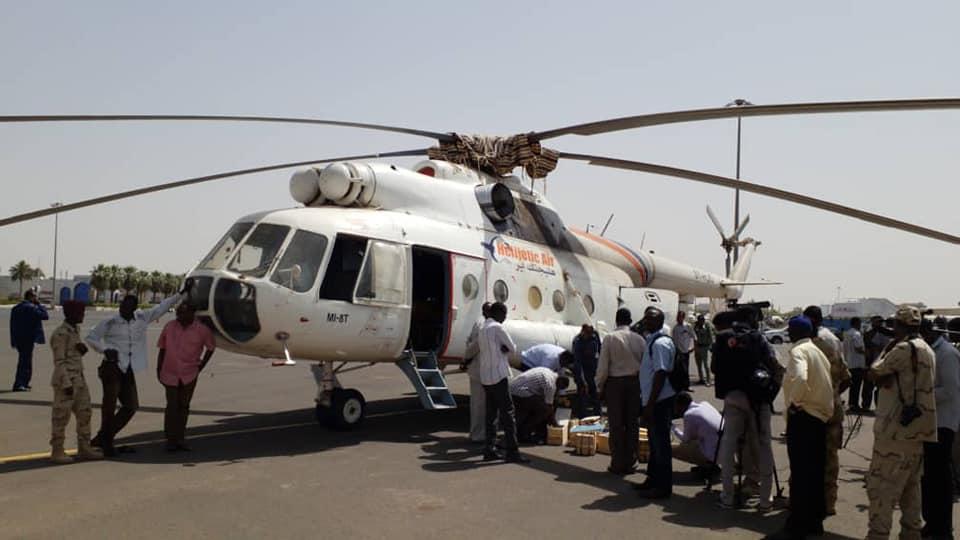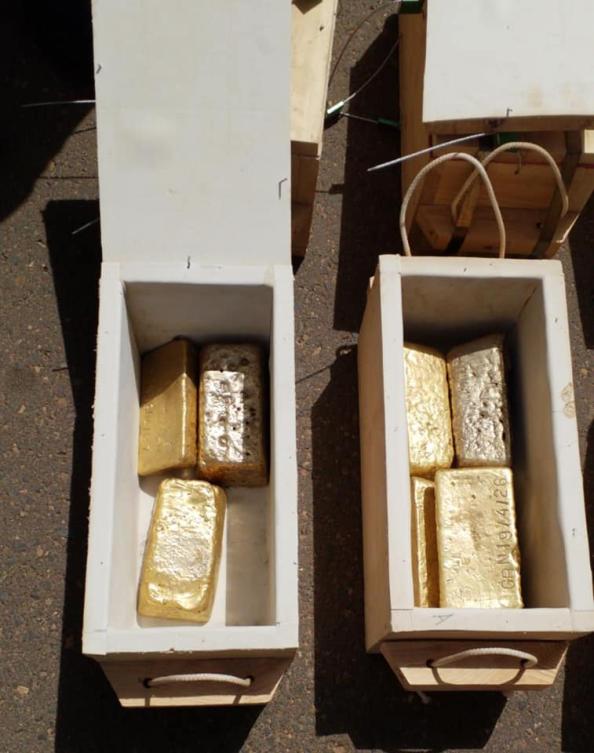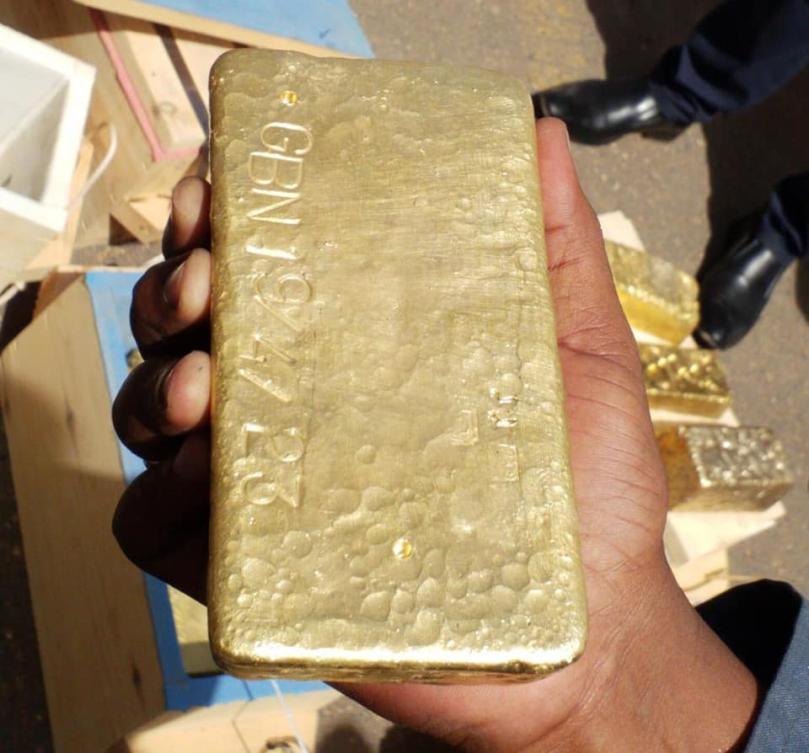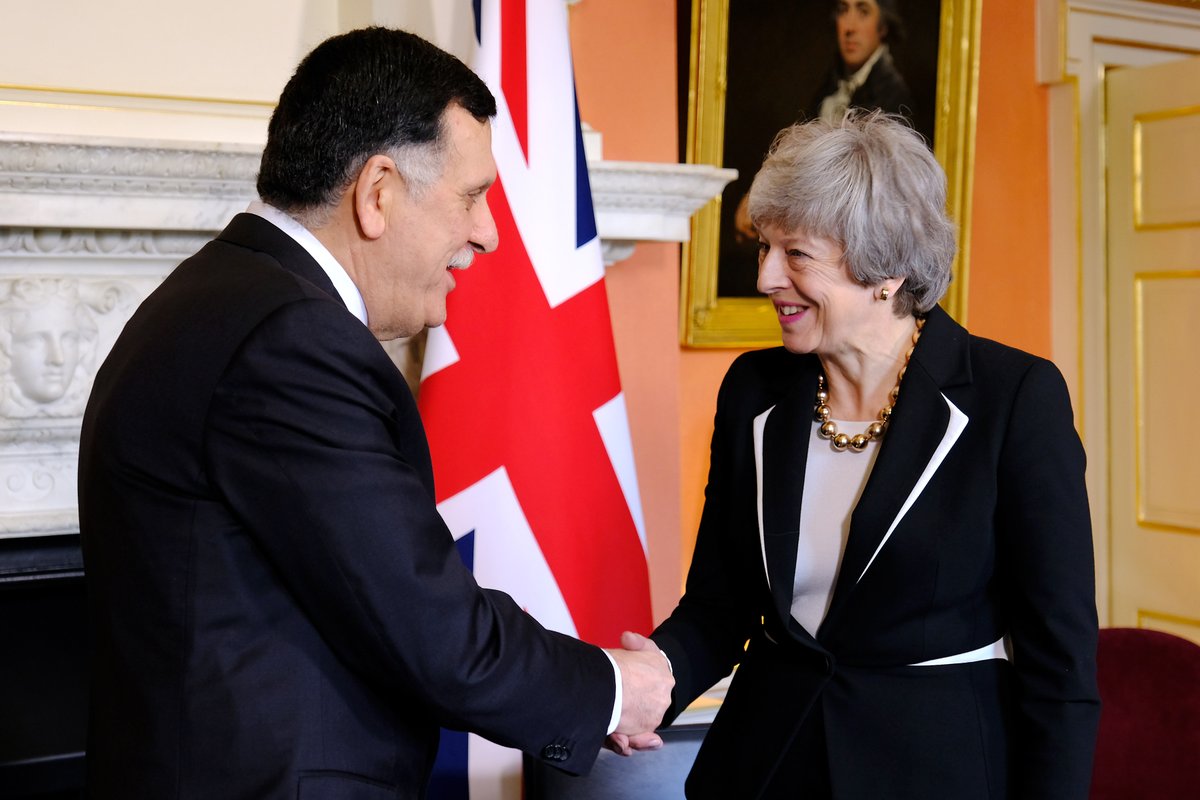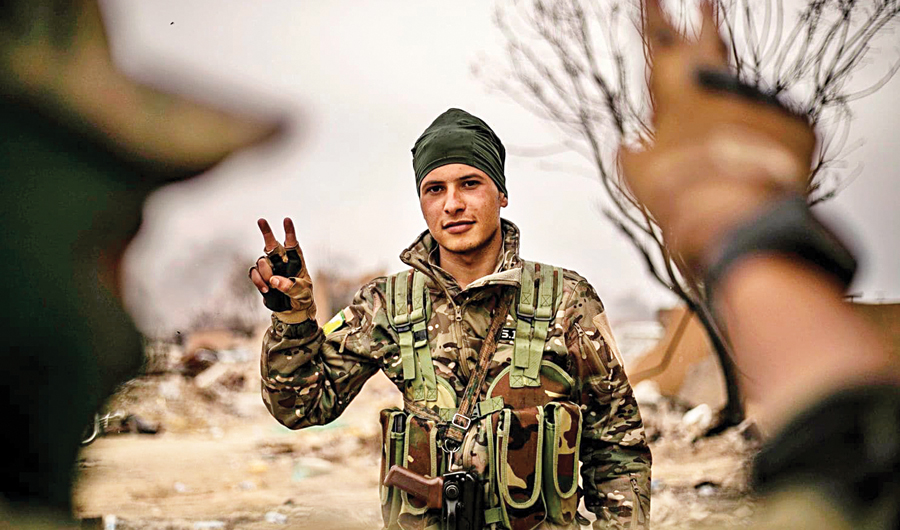AMMAN: Arab inhabitants of Syria’s Deir Ezzor began a third week of protests against Kurdish rule, the largest wave of unrest to sweep the oil-rich region since US-backed forces took over the territory from Daesh nearly 18 months ago, residents, and tribal figures said.
The protests which erupted weeks ago in several towns and villages from Busayrah to Shuhail have now spread to remaining areas where most of the oilfields are located in the Syrian Democratic Forces (SDF)-controlled part of Deir Ezzor, east of the Euphrates.
Arab residents under People’s Protection Unit (YPG) who have been complaining about a lack of basic services and discrimination against them in local administrations run by Kurdish officials have been growing restive in recent months.
The forcible conscription of youths into the SDF, as well as the fate of thousands imprisoned in their jails, have been major bones of contention, according to residents and tribal figures.
“Their repressive rule has turned many against them,” said Abdul Latif Al-Okaidat, a tribal leader.
The protests took a violent turn when angry mobs took to the streets and disrupted the routes of convoys of trucks loaded with oil from nearby fields that cross into government-held areas. In some villages, SDF forces fired at angry protesters.
“No to the theft of our oil!” chanted demonstrators in the town of Greinej, part of the Arab-Sunni tribal heartland seized over a year ago by the Pentagon-backed SDF and spearheaded by the Kurdish YPG militia.
The YPG has long sold crude oil to the Syrian regime of Bashar Assad, with whom it maintains close economic ties and exports wheat and other commodities through several crossings between their territory.
The stepping up of oil sales to alleviate a fuel crunch facing Damascus has infuriated the local Arab protesters, with many holding placards saying they were being “robbed” of their wealth.
“We are deprived of everything while the Kurds are selling our oil to help the regime and enriching themselves,” said Abdullah Issa, a protester from Al-Tayaneh town.
Syria’s most productive fields are now in Kurdish hands since the YPG extended control over large swathes of northeastern Syria after capturing the city of Raqqa from Daesh in late 2017.
The Syrian regime controls areas west of the Euphrates river that are less endowed with oil resources.
Diplomats say Washington has also in recent weeks tightened efforts to clamp down on small shipments of oil by smuggler networks that are exported across the Euphrates river to traders working on behalf of the Syrian government.
The SDF has not publicly commented on the most serious challenge so far to its rule over tens of thousands of Arabs.
The YPG has sought to redress decades of repression against minority Kurds under Syria’s Arab Ba’ath party.
SDF commander in-chief Mazloum Kobani, in remarks that seem to refer to the unrest, said his group was the only “institution that had “steered away from any form of racism.”
The protests persisted after YPG commanders failed to make significant concessions to tribal figures who gathered at their invitation last Friday in the city of Ain Issa, two attendees said.
Among the Arabs demands were ending forcible conscription, releasing detainees and stopping oil sales from their region to the Syrian government.
The risks of wider confrontation were now growing, analysts say.
“The protests are now more organized and wider with a higher ceiling and developing gradually to a popular uprising where people are asking to be ruled by themselves and ending Kurdish hegemony,” said Feras Allawi, a political analyst from the area.
“The response of SDF to the popular demands will dictate whether this leads to a more violent confrontation,” he added.
